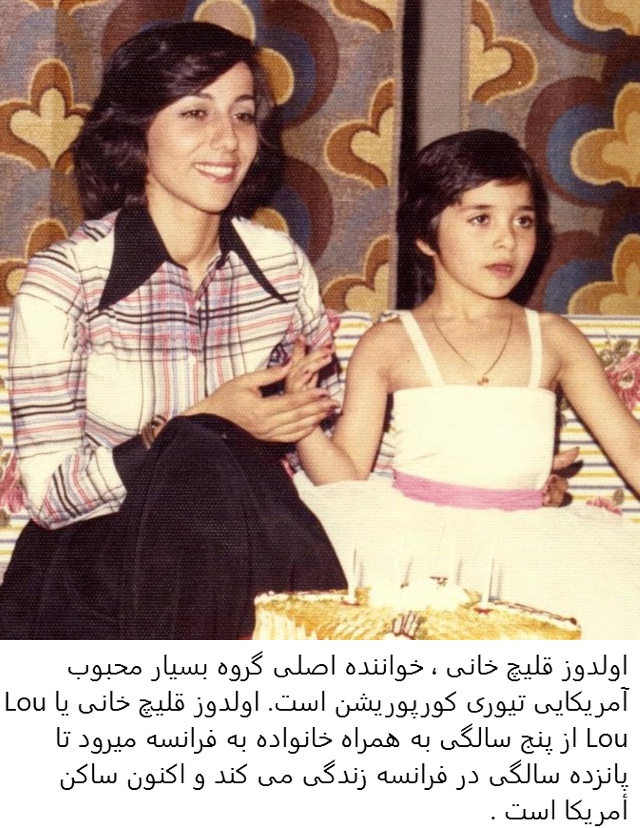[custom_adv]
For many young growing up in exile—especially in France, Germany, the UK, Canada, and the US—Parviz Ghelichkhani represented a unique kind of hero. Not just a footballer with trophies, but a thinker with a conscience, someone who carried the weight of his homeland’s struggles even from thousands of miles away. Though no longer in the public spotlight as frequently, Parviz Ghelichkhani’s voice and vision still resonate. For football fans, he remains the brilliant captain who led through its golden era. For others, he is the intellectual exile who refused to be silenced.


